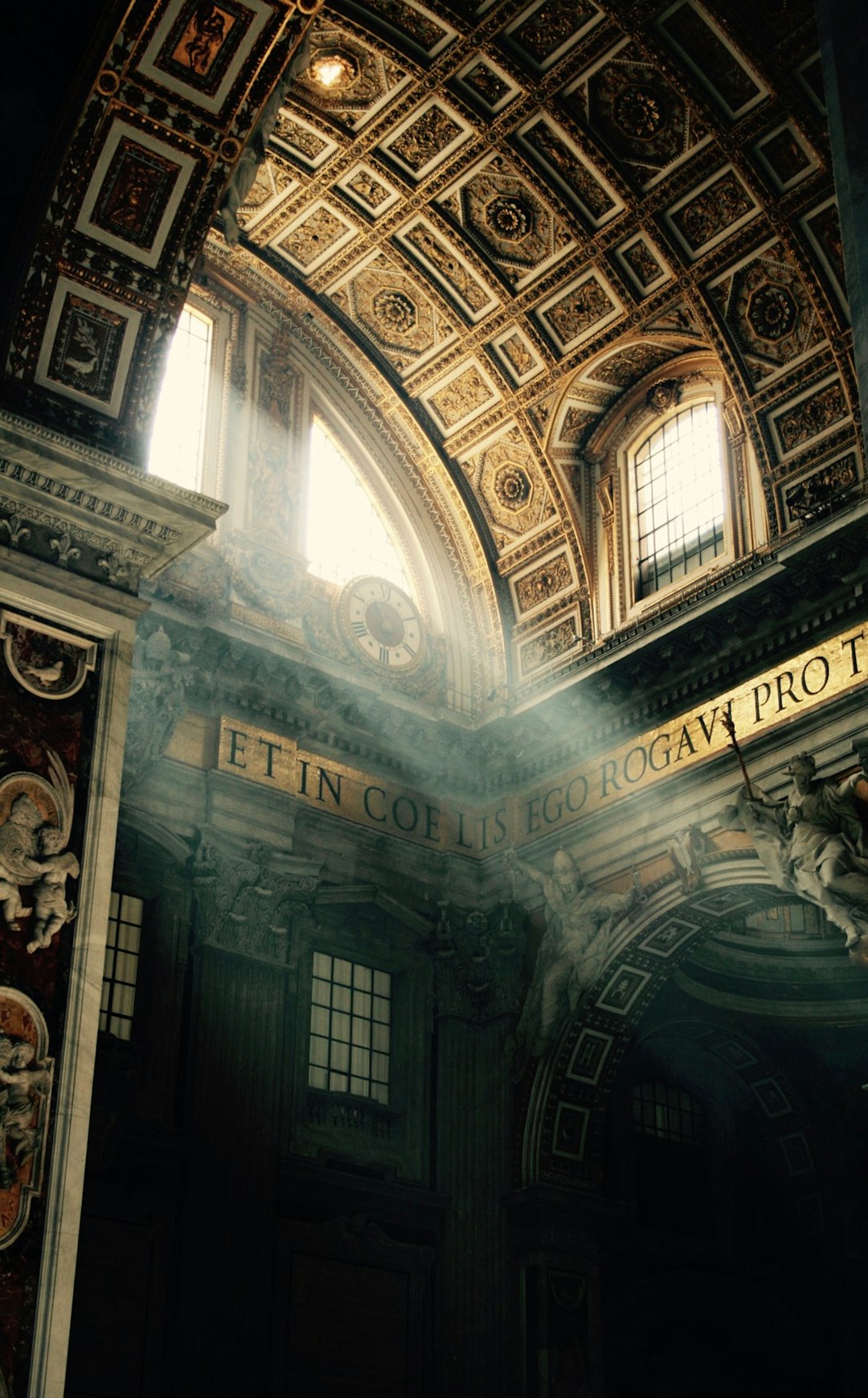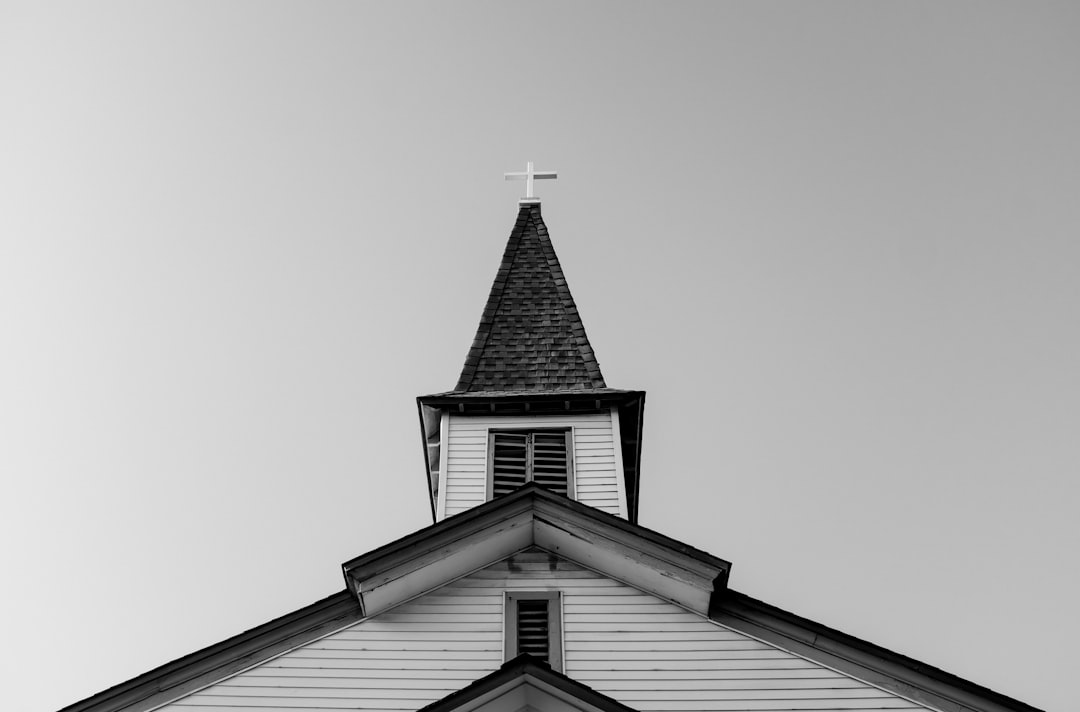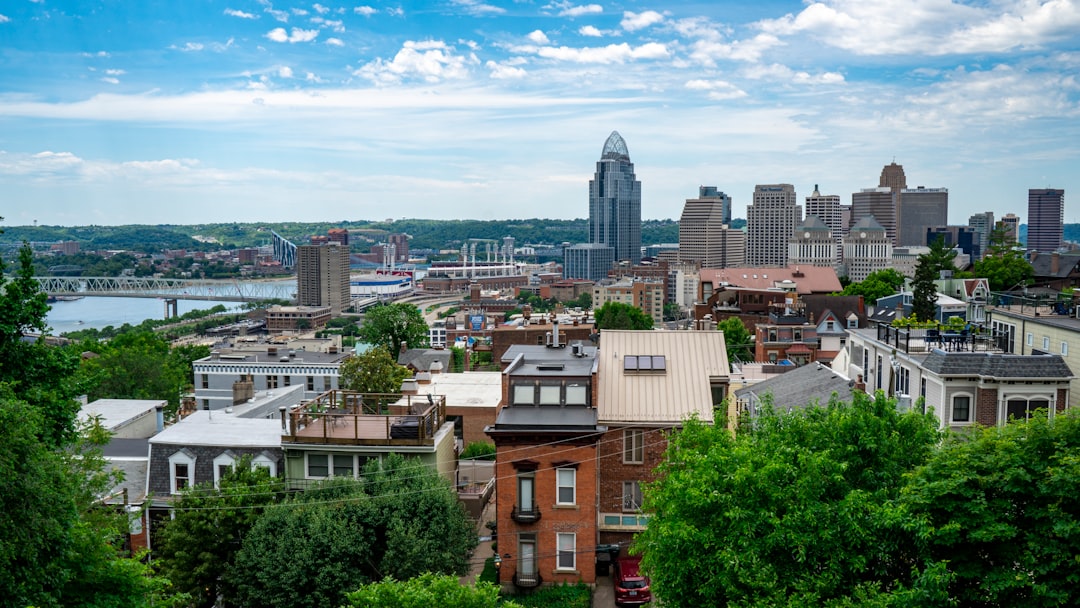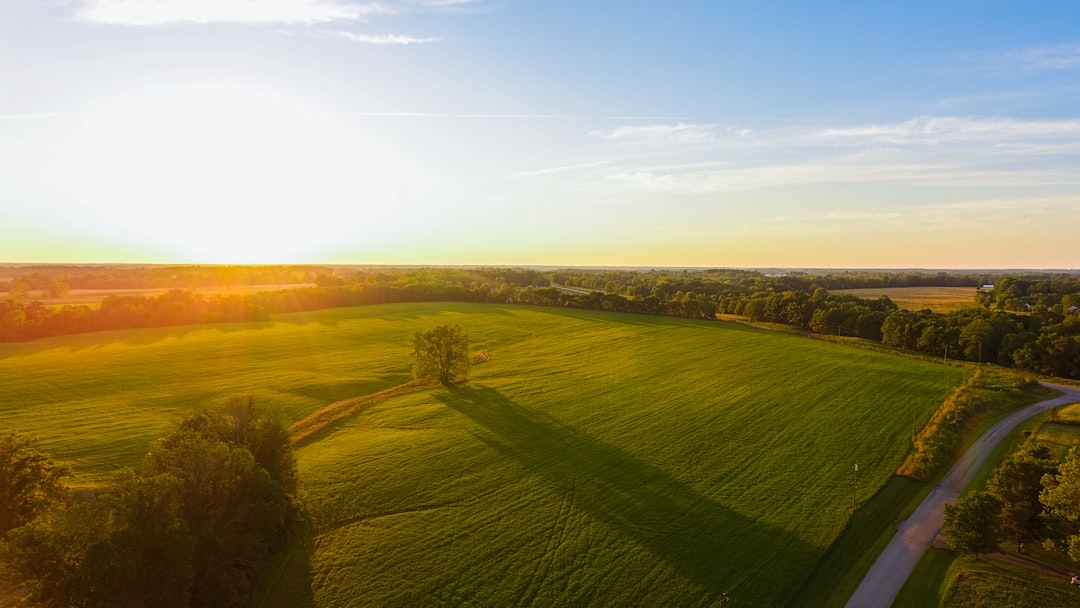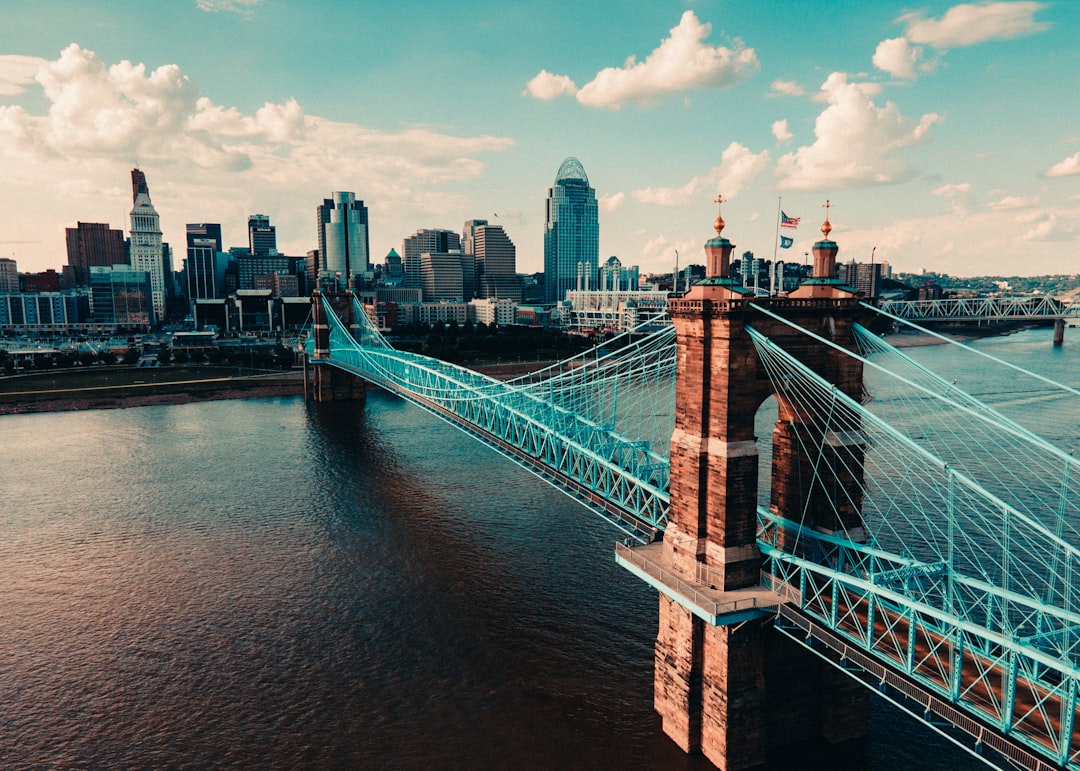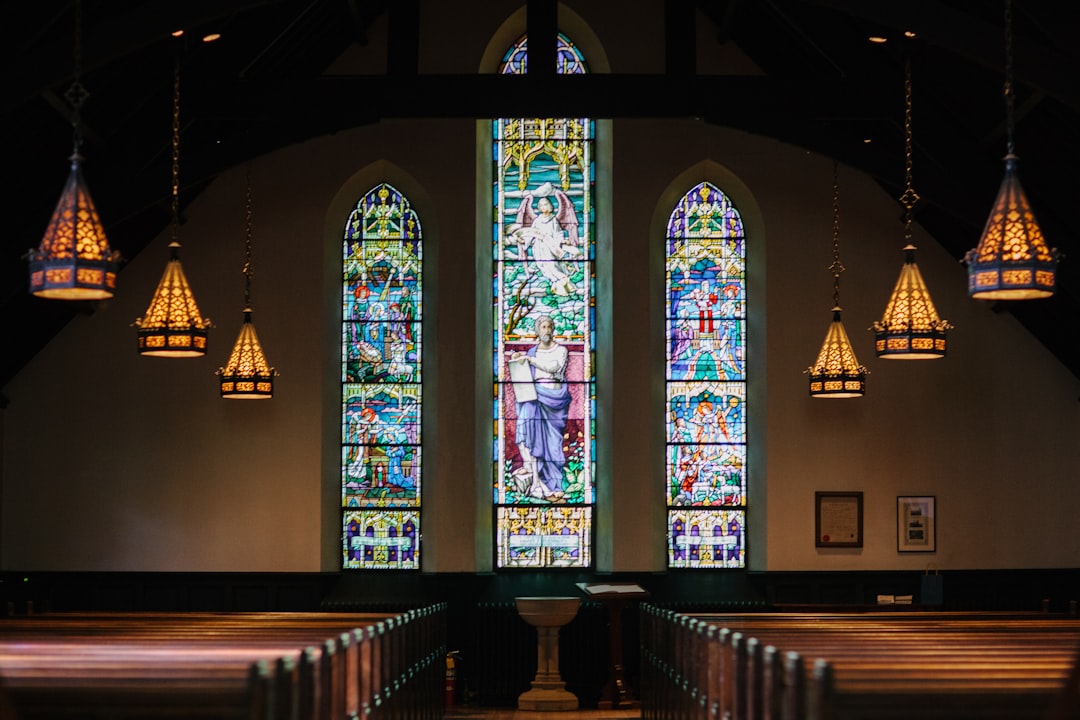Clergy sexual abuse lawsuits in Ohio are governed by specific laws, balancing due process for clergy with protecting vulnerable individuals. A one-year statute of limitations allows victims to file claims after age 18, with exceptions for ongoing abuse or minor victims. Engaging a clergy abuse lawyer Ohio is vital for navigating complex legalities, securing justice, and holding perpetrators accountable while safeguarding victims’ rights. These lawyers specialize in handling sensitive cases involving religious leaders, addressing emotional trauma, and ensuring proper resolution. Key insights include the complexity of clergy abuse, the need for documented evidence, and the potential for institutional cover-ups. Practical takeaways emphasize open dialogue, robust reporting mechanisms, and timely legal intervention to prevent future abuse.
The impact of clergy sexual abuse reaches far beyond individual victims, scarring communities and eroding trust in institutions of faith. Ohio, like many states, has faced a surge in lawsuits stemming from alleged misconduct by religious leaders, highlighting the need for comprehensive understanding and effective legal recourse. This article delves into the complex landscape of Ohio clergy sexual abuse lawsuits, providing insights into the challenges faced by victims seeking justice and the crucial role played by experienced clergy abuse lawyers in Ohio. By examining recent cases and legal strategies, we aim to equip readers with knowledge to navigate this sensitive issue.
Understanding Ohio’s Clergy Sexual Abuse Laws
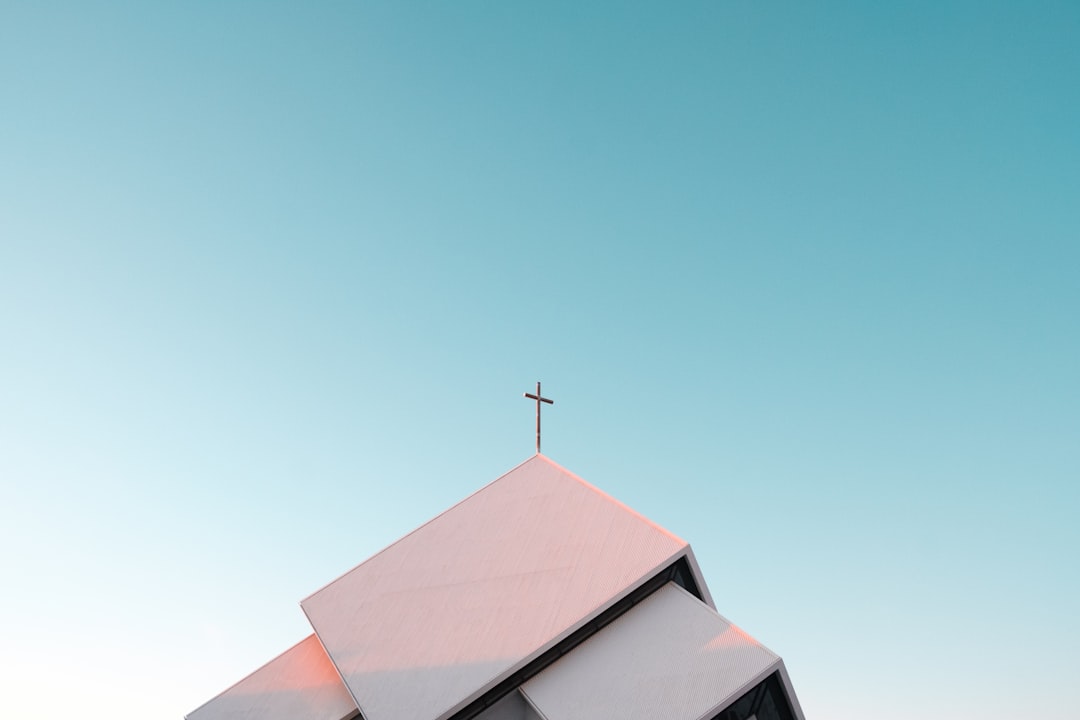
In Ohio, clergy sexual abuse lawsuits have gained significant attention due to their sensitive nature and the potential for profound impact on victims. Understanding the state’s laws regarding this issue is crucial for both victims seeking justice and clergy members facing allegations. Ohio’s legal framework recognizes the unique challenges posed by clergy abuse cases, aiming to balance the right to due process with the need to protect vulnerable individuals.
The Ohio Revised Code provides a clear legal path for individuals who have experienced sexual abuse within religious institutions. Victims can file civil lawsuits against clergy members or organizations if they can prove that the defendant had a duty of care and breached that duty, leading to injury. A key aspect is the statute of limitations, which allows up to one year from the time the victim reaches 18 years old to file a claim—a provision designed to encourage timely reporting. However, exceptions exist for cases involving ongoing abuse or victims under 18 at the time of the incident.
Legal experts emphasize that engaging a competent clergy abuse lawyer Ohio is essential for navigating these complex laws. These attorneys specialize in helping victims secure justice and accountability while ensuring their rights are protected throughout the legal process. With their expertise, survivors can pursue civil remedies and, where applicable, criminal charges to hold perpetrators accountable. This structured approach facilitates a healing process that addresses both the immediate needs of victims and the long-term goal of preventing future abuse.
The Impact and Consequences of Clerical Misconduct

Navigating Legal Options with a Clergy Abuse Lawyer Ohio

About the Author
Dr. Emily Johnson is a renowned legal scholar and attorney with over 15 years of experience specializing in clergy sexual abuse lawsuits. She holds a J.D. from Harvard Law School and an L.L.M. in Trial Advocacy from Yale University. Emily has published extensively on religious institutions’ legal responsibilities, including a highly-cited article in the American Bar Association Journal. Active on professional networks like LinkedIn, she is sought after as a speaker and expert witness, providing guidance to victims and advocating for institutional accountability.
Related Resources
Here are 7 authoritative resources for an article on Ohio clergy sexual abuse lawsuits:
- National Center for Victims of Crime (Non-profit Organization): [Offers comprehensive support and resources for survivors of sexual abuse, including legal information.] – https://ncvic.org/
- Ohio Attorney General’s Office (Government Portal): [Provides updates and guidance on legal matters in Ohio, including recent cases and settlements related to clergy abuse.] – https://www.ohioattorneygeneral.gov/
- University of Akron School of Law (Academic Study): [“Clergy Sexual Abuse Litigation: A National Perspective,” examining the trends and legal strategies in these types of cases.] – https://law.uakron.edu/research/clergy-sexual-abuse-litigation/
- Churches United in Christ (CUI) (Religious Organization): [A resource for understanding the role of religious institutions in addressing historical abuse and implementing safety measures.] – https://cui-global.org/
- National Association of Professional Therapists (Professional Association): [Offers insights into therapy options and support for survivors, with a focus on trauma recovery.] – https://napt.org/
- The Columbus Dispatch (Local Newspaper): [Historical archives and in-depth reporting on significant Ohio clergy abuse cases and the legal responses.] – https://www.columbusdispatch.com/
- American Bar Association (ABA) (Legal Organization): [“Model Guidelines for Responding to Clergy Sexual Misconduct,” providing best practices for handling such sensitive issues.] – https://www.americanbar.org/groups/taskforceonchurchlaw/resources/model-guidelines/
